
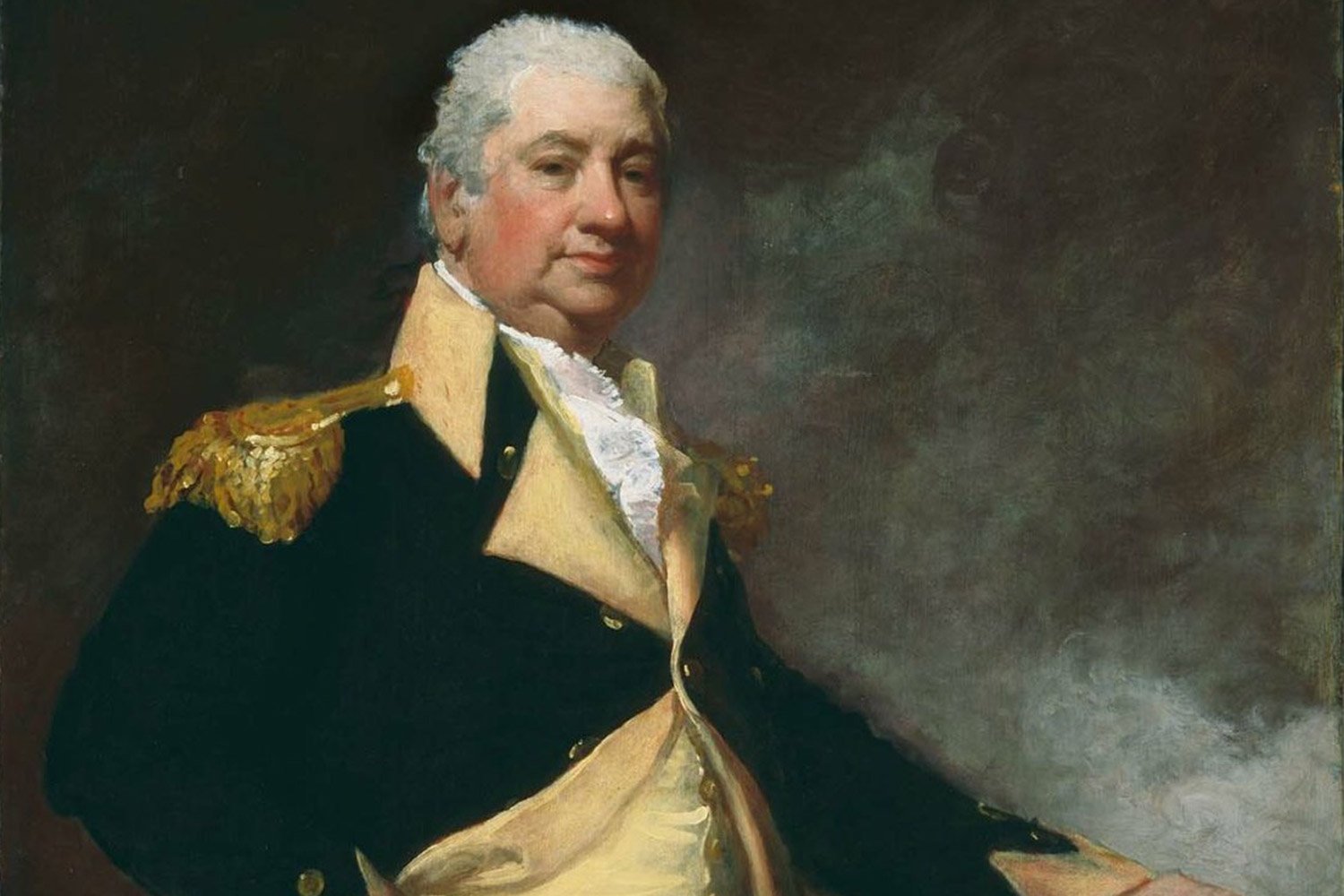
Henry Knox, “Noble” Hero of the American Revolution
Henry Knox is arguably the least known and most under-appreciated of our nation’s early military leaders. He was involved in practically every major battle in the northern campaigns of the American Revolution, and was instrumental in the creation of the United States Army after the War.
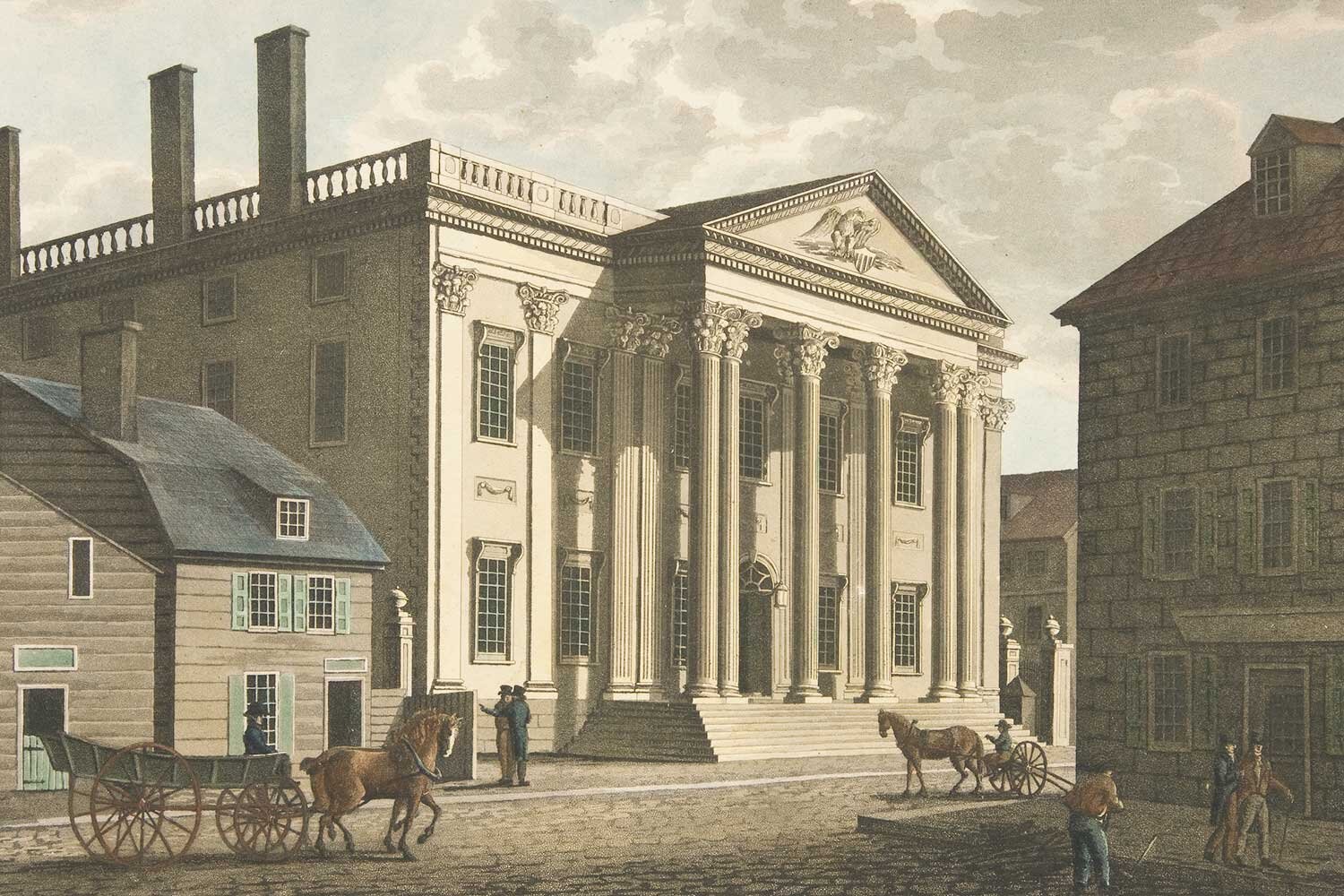
George Washington Discourages Debt and Foreign Entanglements
In his Farewell Address, President Washington shared his thoughts on several topics, including our national debt and the need for our country to remain fiscally prudent.

George Washington Calls for Unity in Farewell Address
After eight years in office, President Washington was ready to step down. He had planned to retire at the end of his first term but was talked out of it. During this second run at saying goodbye to public life, Washington was determined to finally retire.
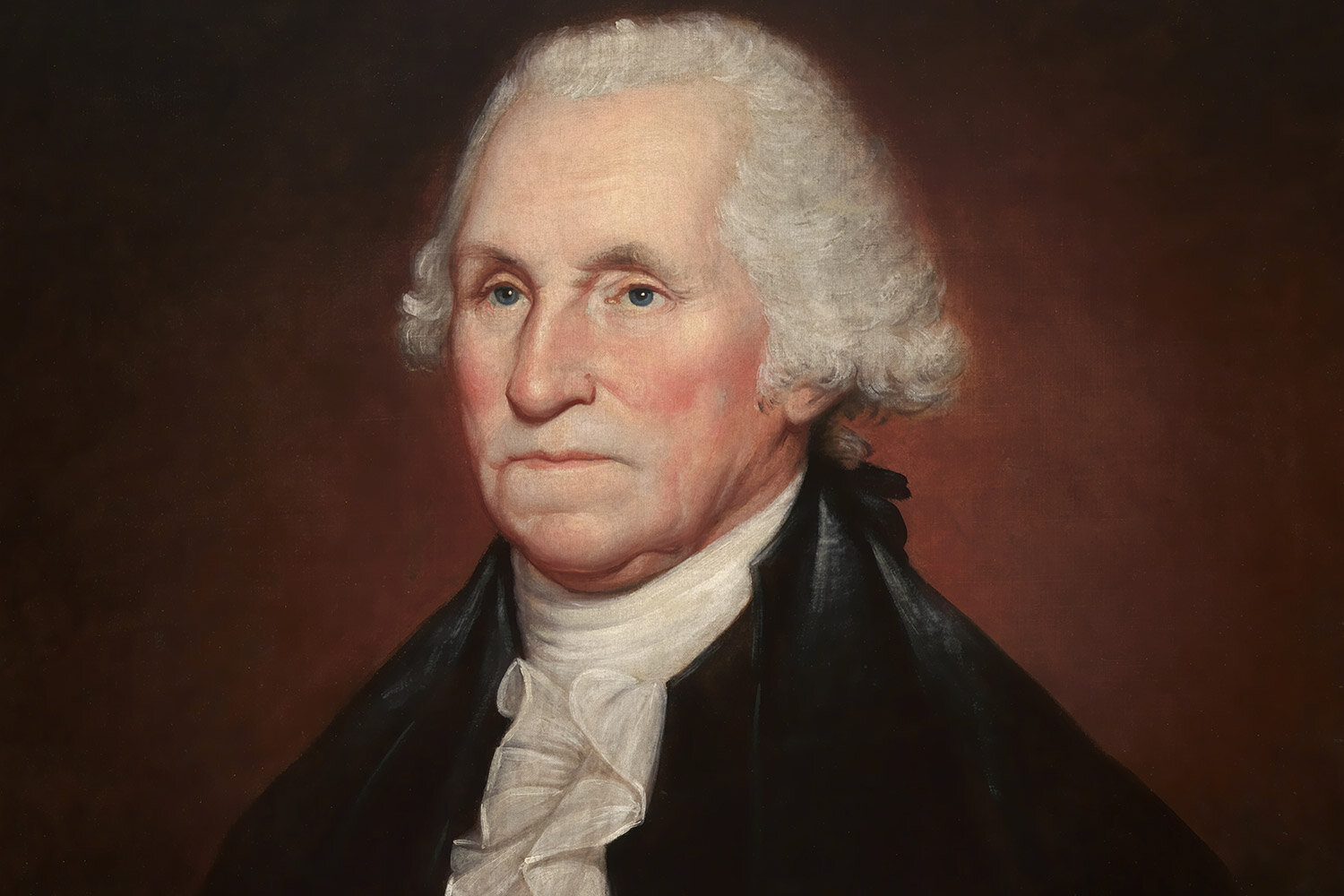
Washington’s Farewell Address: One of Our Nation’s Most Significant Documents
George Washington’s Farewell Address is one of the greatest documents in our nation’s history. It was a letter written by President Washington to his fellow citizens as he neared the end of his second term as President.
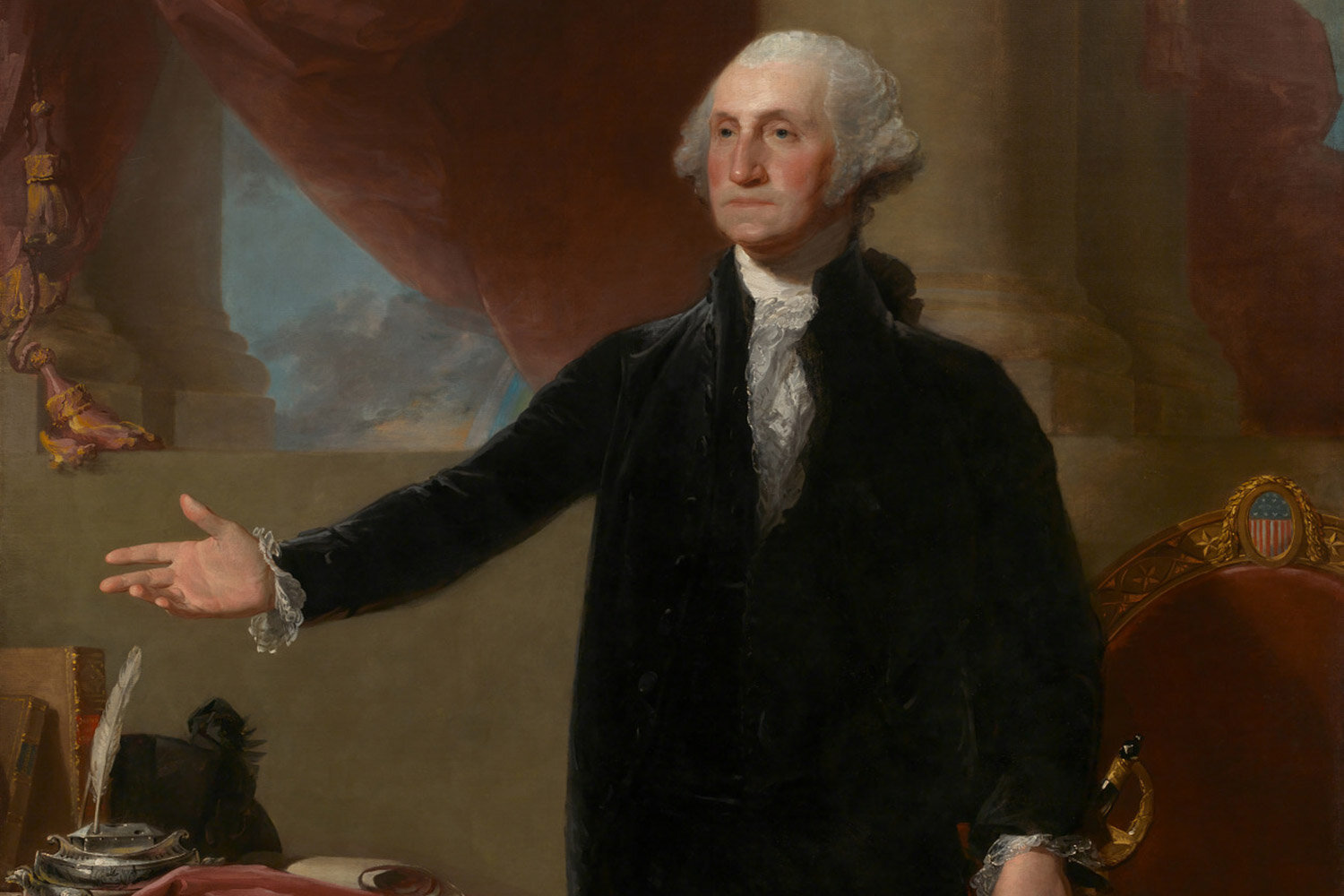
George Washington, First in the Hearts of His Countrymen
President Washington was again unanimously elected in 1792 and sworn in on March 4, 1793. Although he had not wanted a second term, most our country’s leaders, including Secretary of State Thomas Jefferson, Secretary of Treasury Alexander Hamilton, and James Madison, felt the nation needed his leadership and would suffer without it. Reluctantly, he had agreed to another four years.
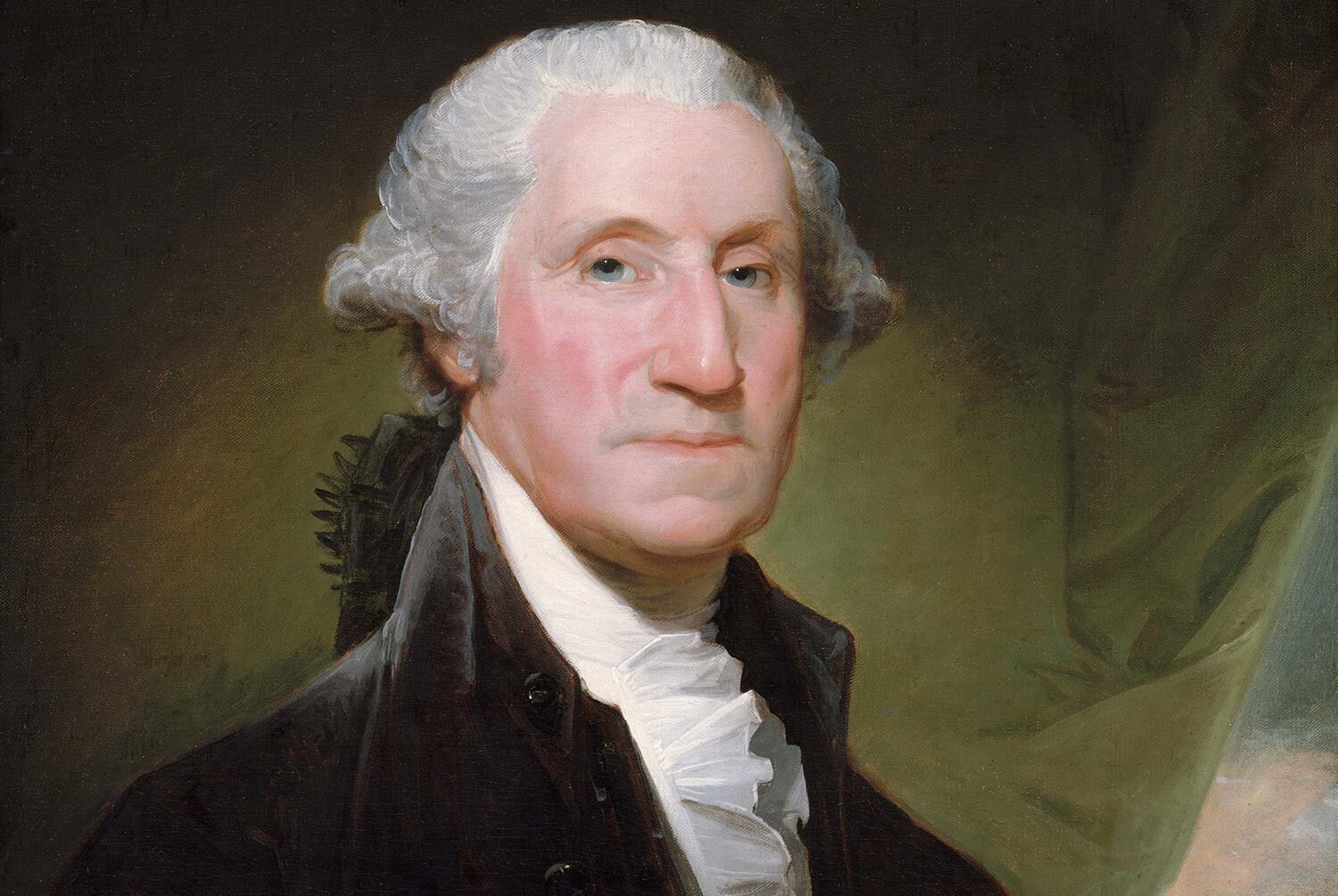
George Washington, The Only Man for the Job
In 1787, congressional delegates met in Philadelphia for a Constitutional Convention and created a new form of government. One key change was the creation of a strong Executive or President. Virtually everyone knew there was only one man strong enough to lead the nation and conscientious enough to be entrusted with so much power. That man, of course, was George Washington.
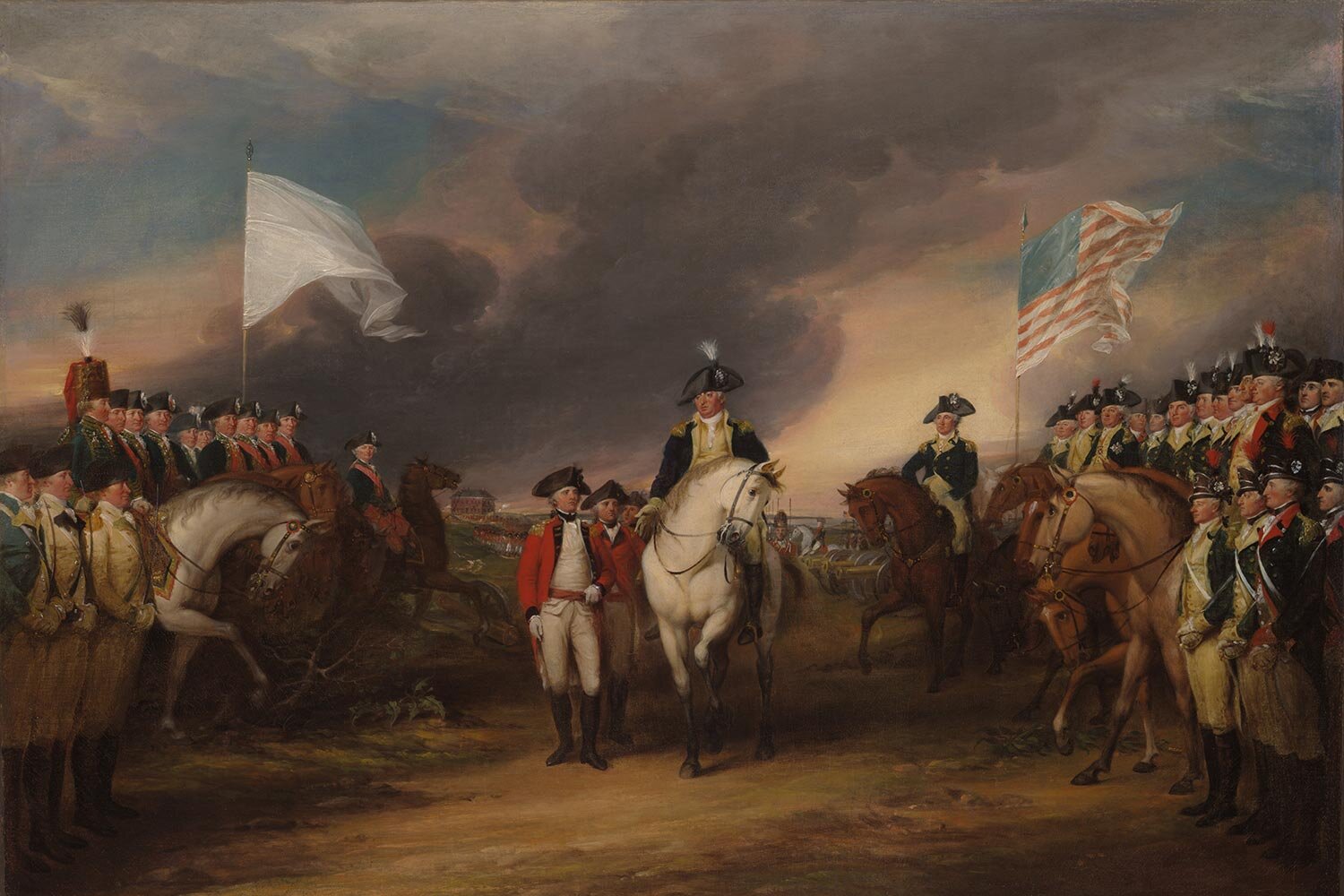
George Washington and the Continental Army’s Path to Victory
General Washington formally took field command of the Continental Army surrounding Boston on July 3, 1775. He immediately began to organize and train the troops and his natural aggressiveness was soon on display.
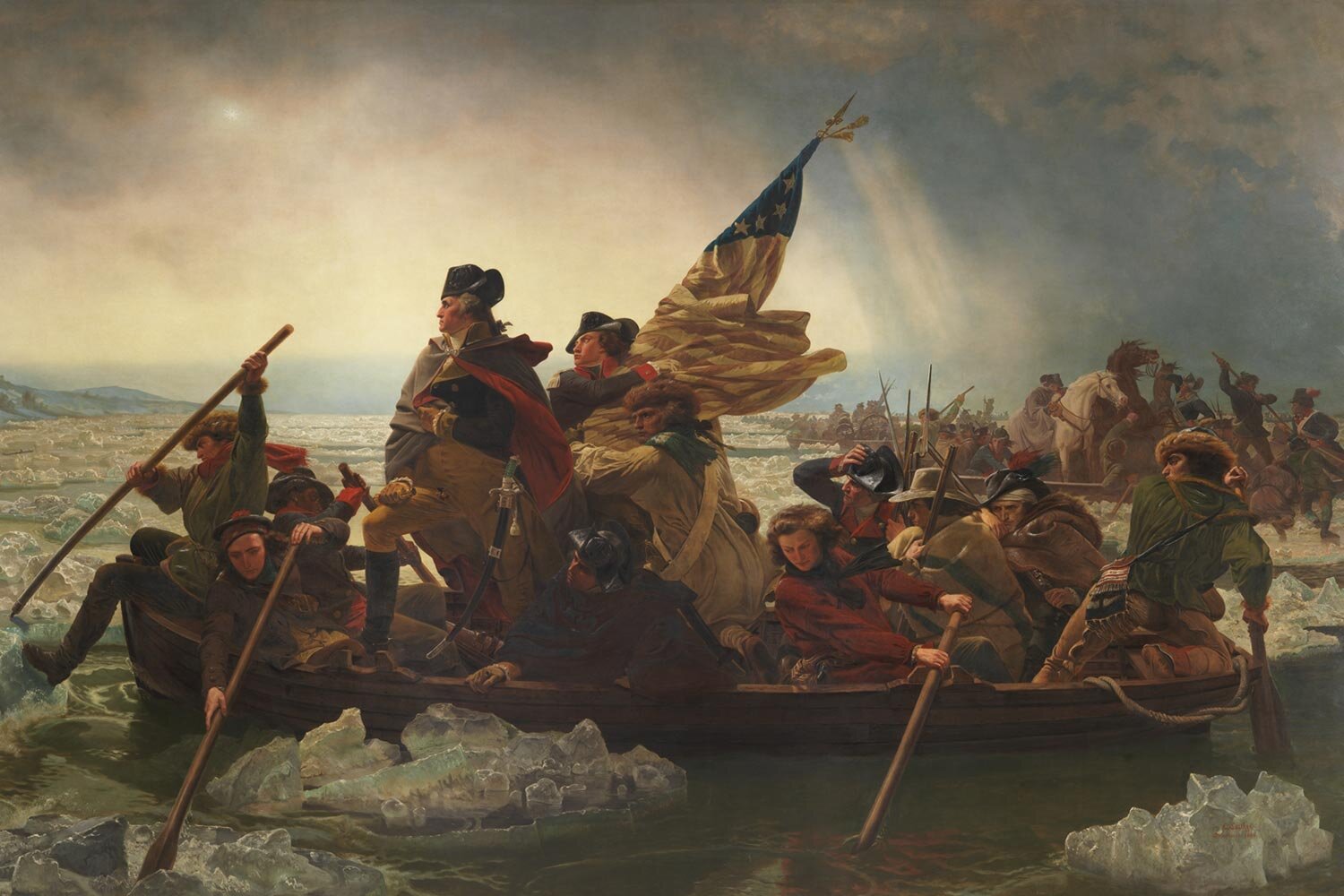
George Washington, Commander of the Continental Army
After the clash at Lexington and Concord on April 19, 1775, all eyes turned north to Boston where a force of colonial militiamen was besieging the British. Congressional leaders knew we needed to mold this loose-knit assembly into an army and so Congress created the Continental Army on June 14, 1775.
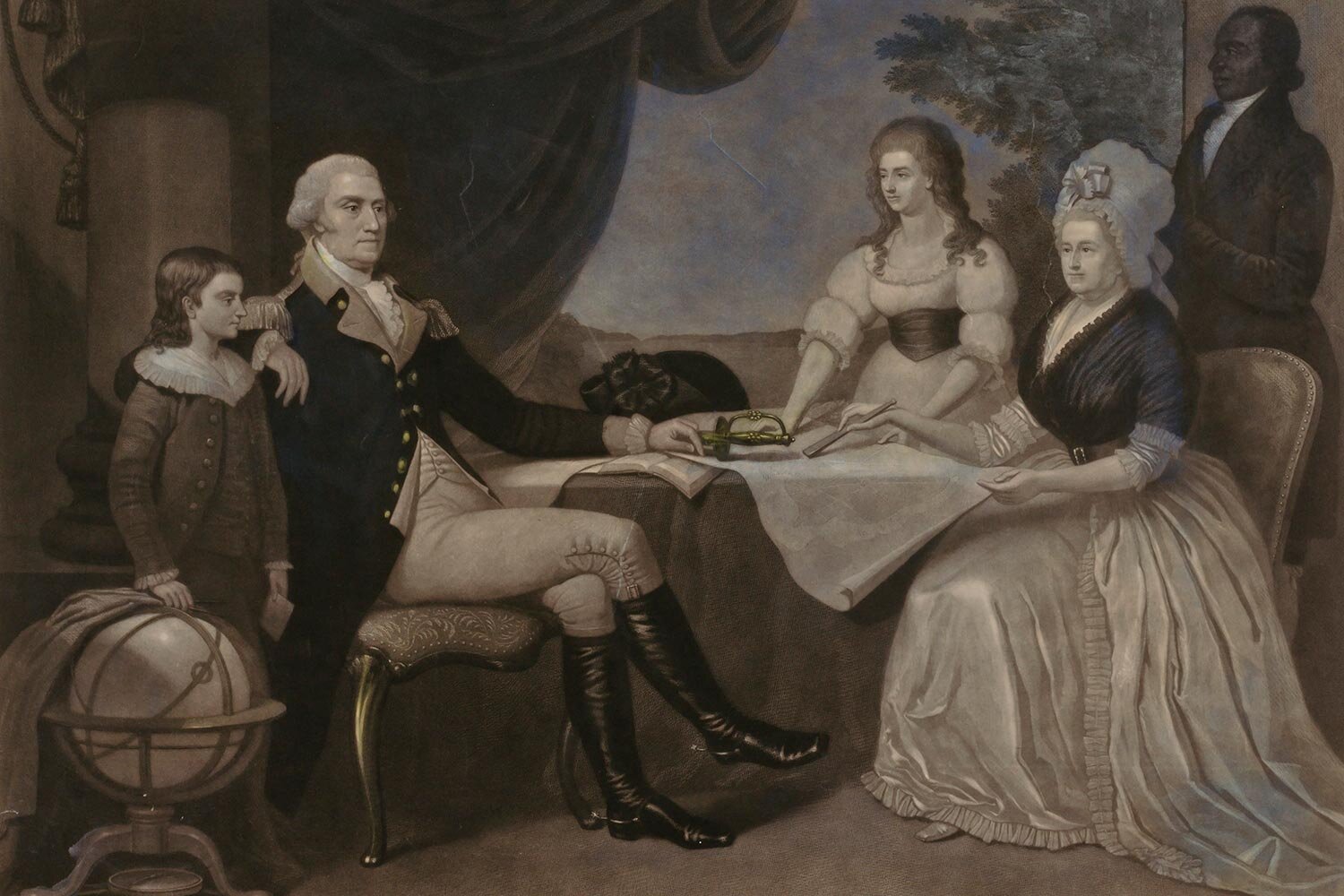
George Washington, Life as a Gentleman Planter
When George Washington resigned as Colonel and Commander of the Virginia Regiment in 1758, he returned to Mount Vernon to begin his life as a gentleman planter. Although in less than twenty years Washington would be called away by his country, his time between the French and Indian War and the American Revolution was a significant portion of this great man’s life.
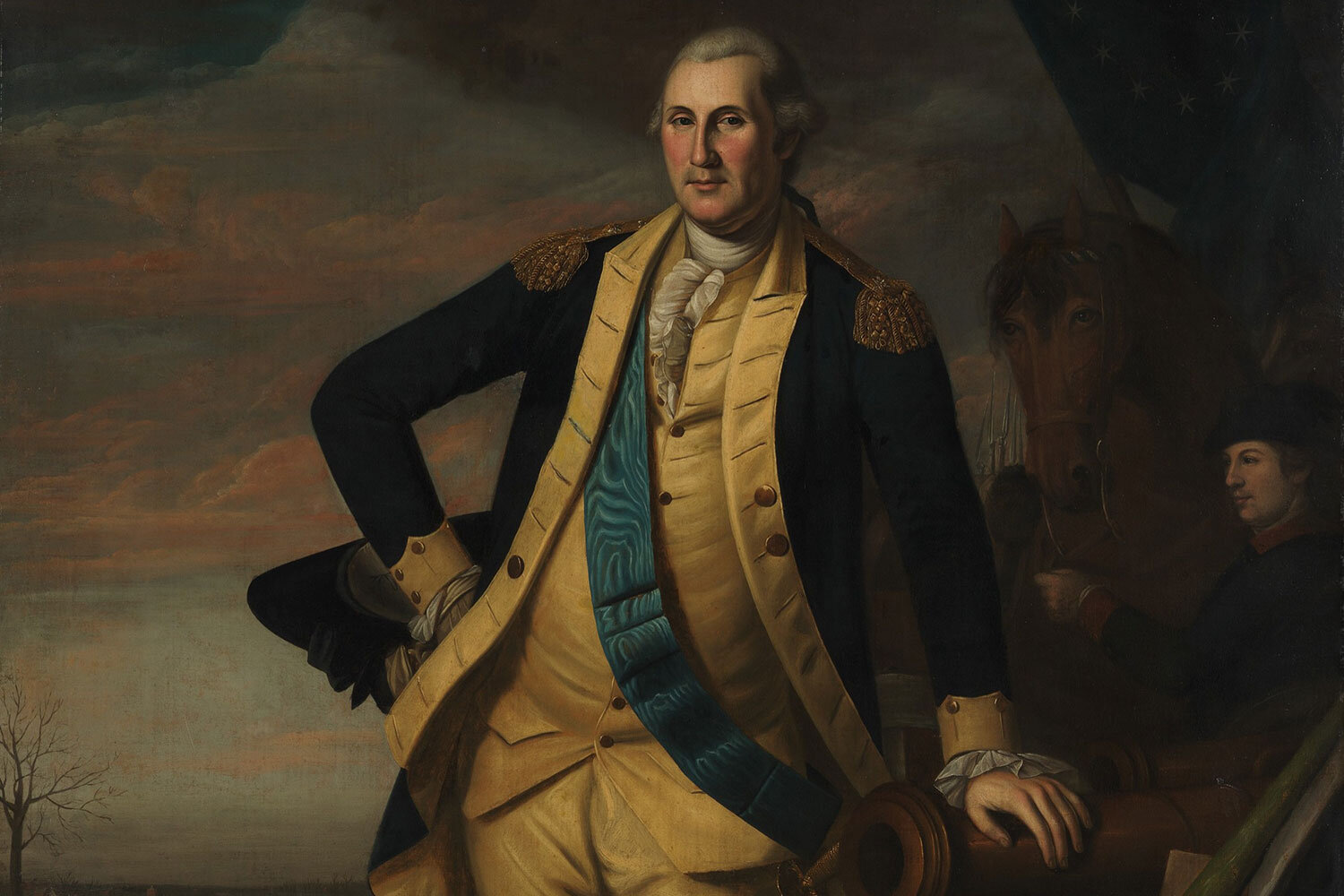
George Washington’s Formative Years
George Washington. Where do you begin to tell the story of this incredible man? A man to whom this great country of ours owes so much. Like most stories, it is best to start at the beginning where the foundation was laid for the man he would become.
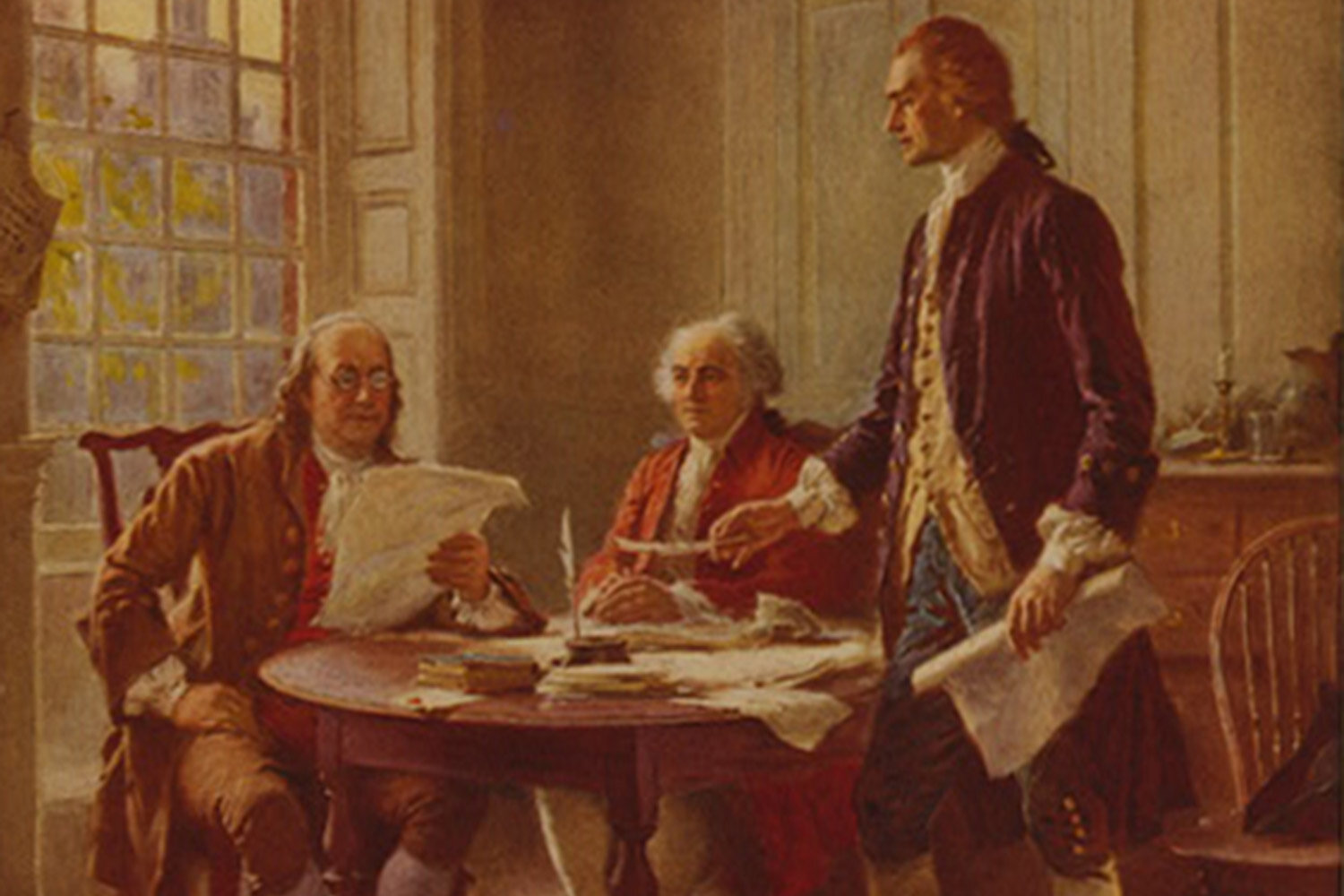
Benjamin Franklin, Unparalleled Statesman and American Patriot
Benjamin Franklin was involved in the effort to unify the American colonies longer and signed most of our nation’s key documents and treaties. Yet, this talented man spent all but two years from 1757-1775 living in Europe and he was the last of the Founders to advocate for independence.

Benjamin Franklin, A Man Committed to Improving His Country
Benjamin Franklin made his money in the printing business, but his true calling was as a man devoted to understanding and improving all aspects of life. Franklin’s interests and innovations stretched from the areas of civics to morals to science to home improvements.




